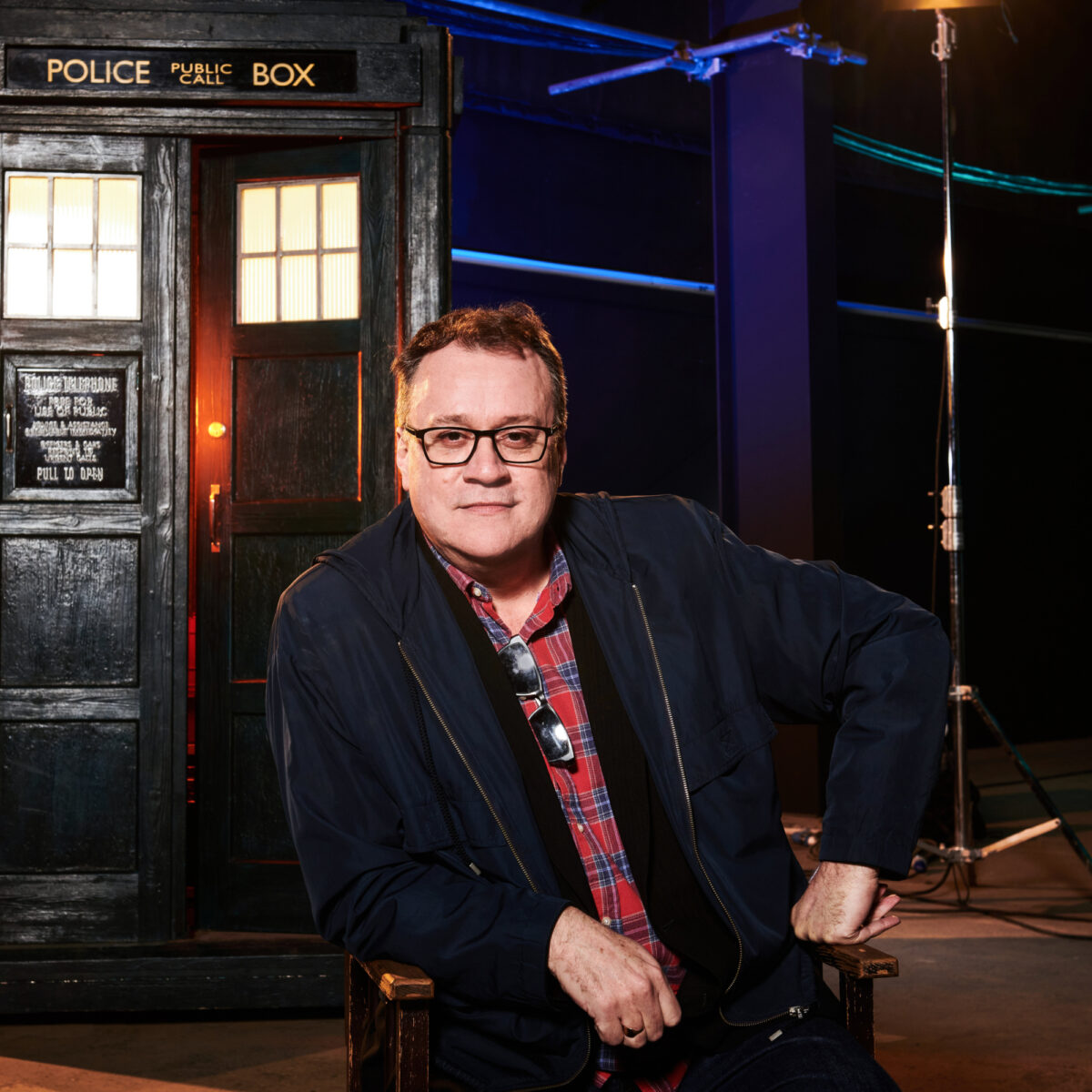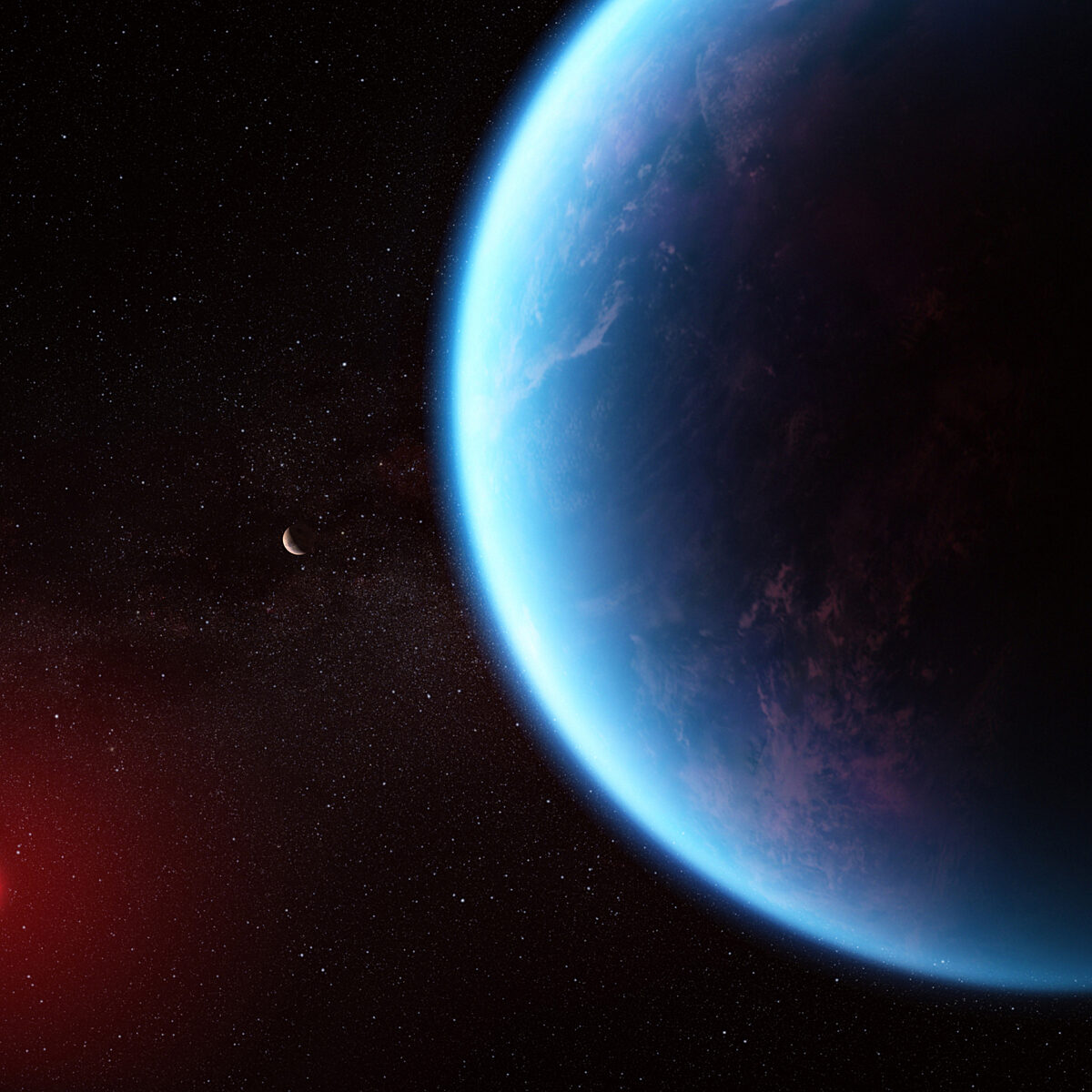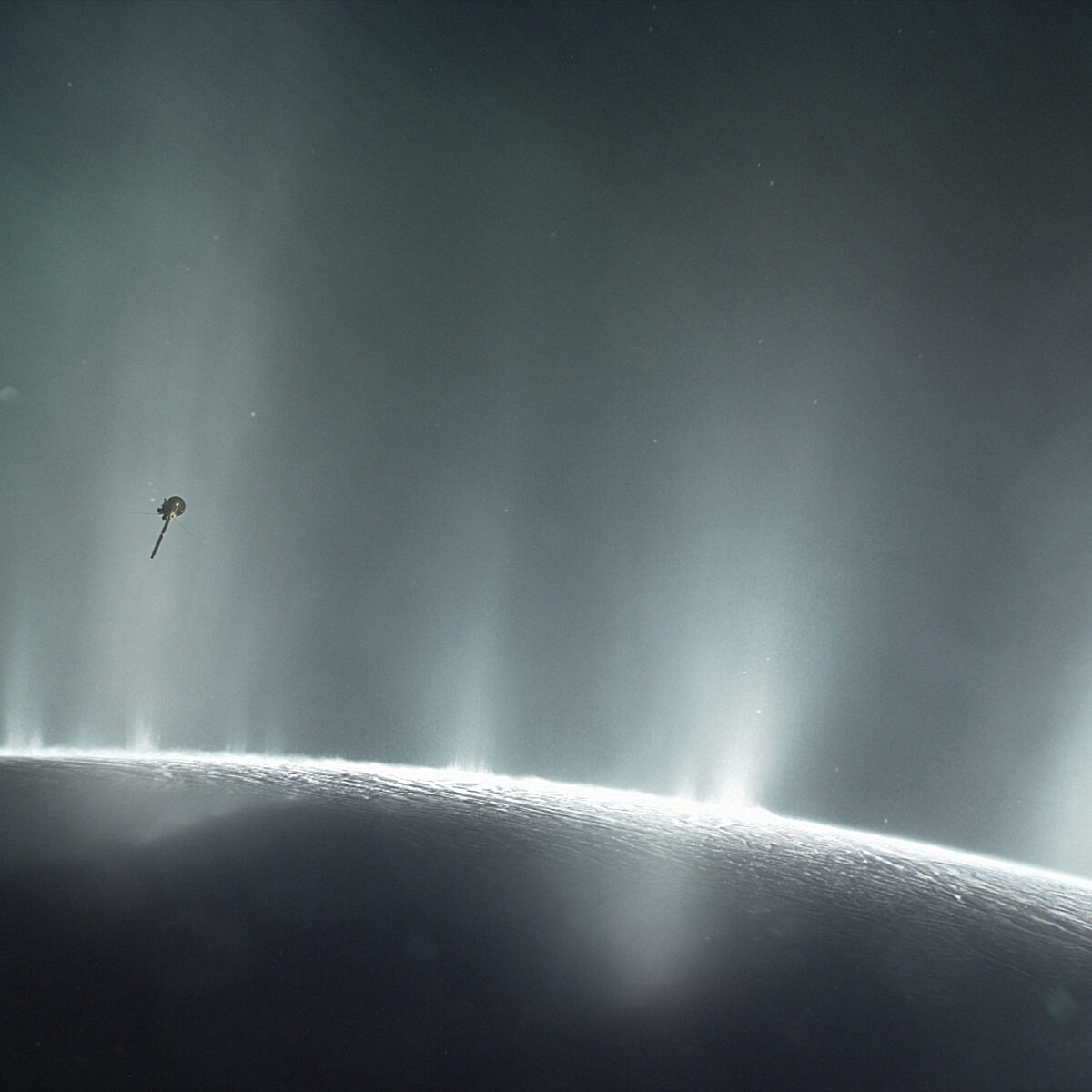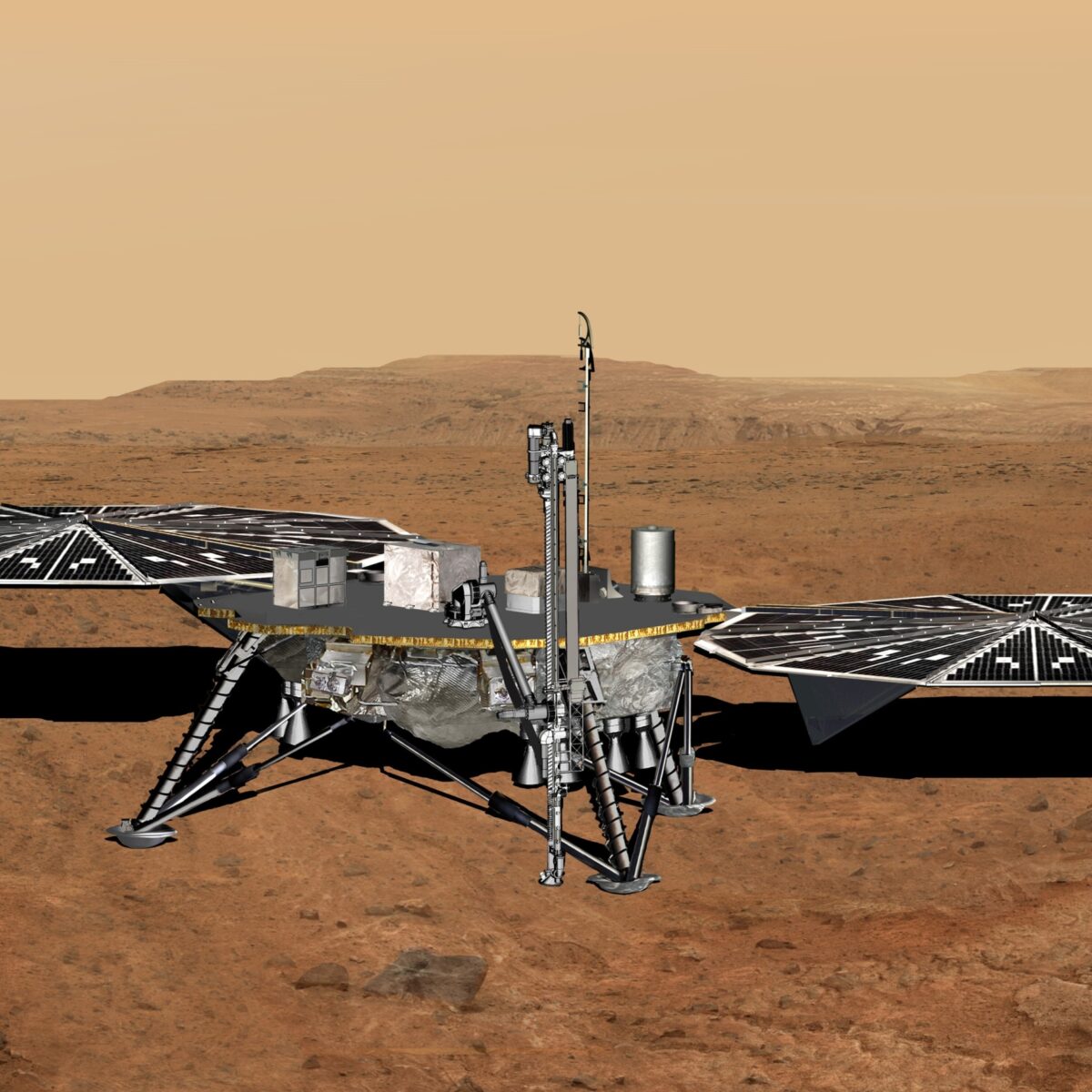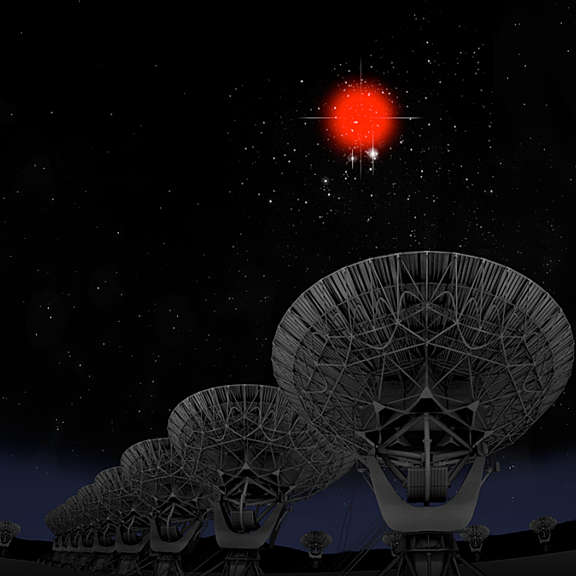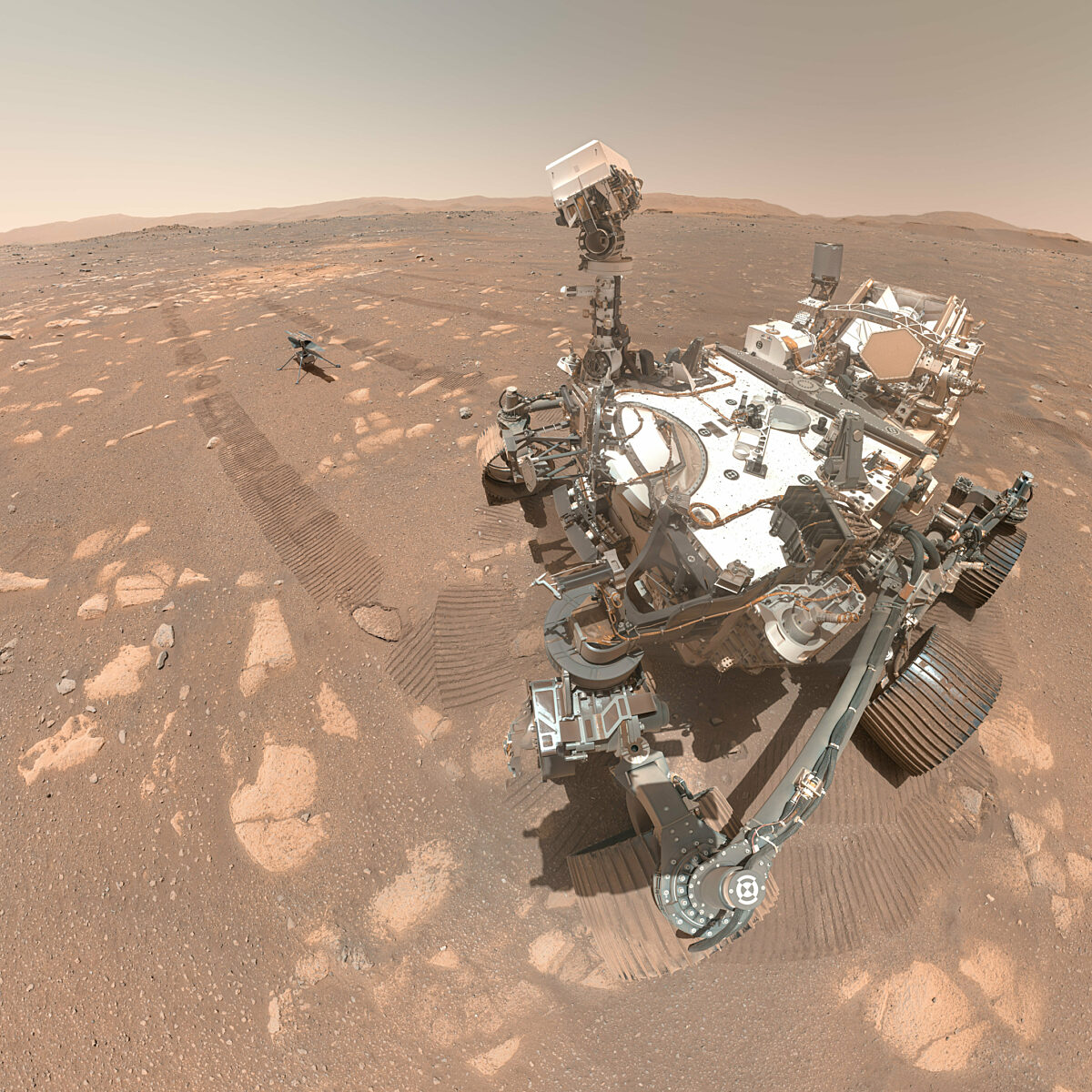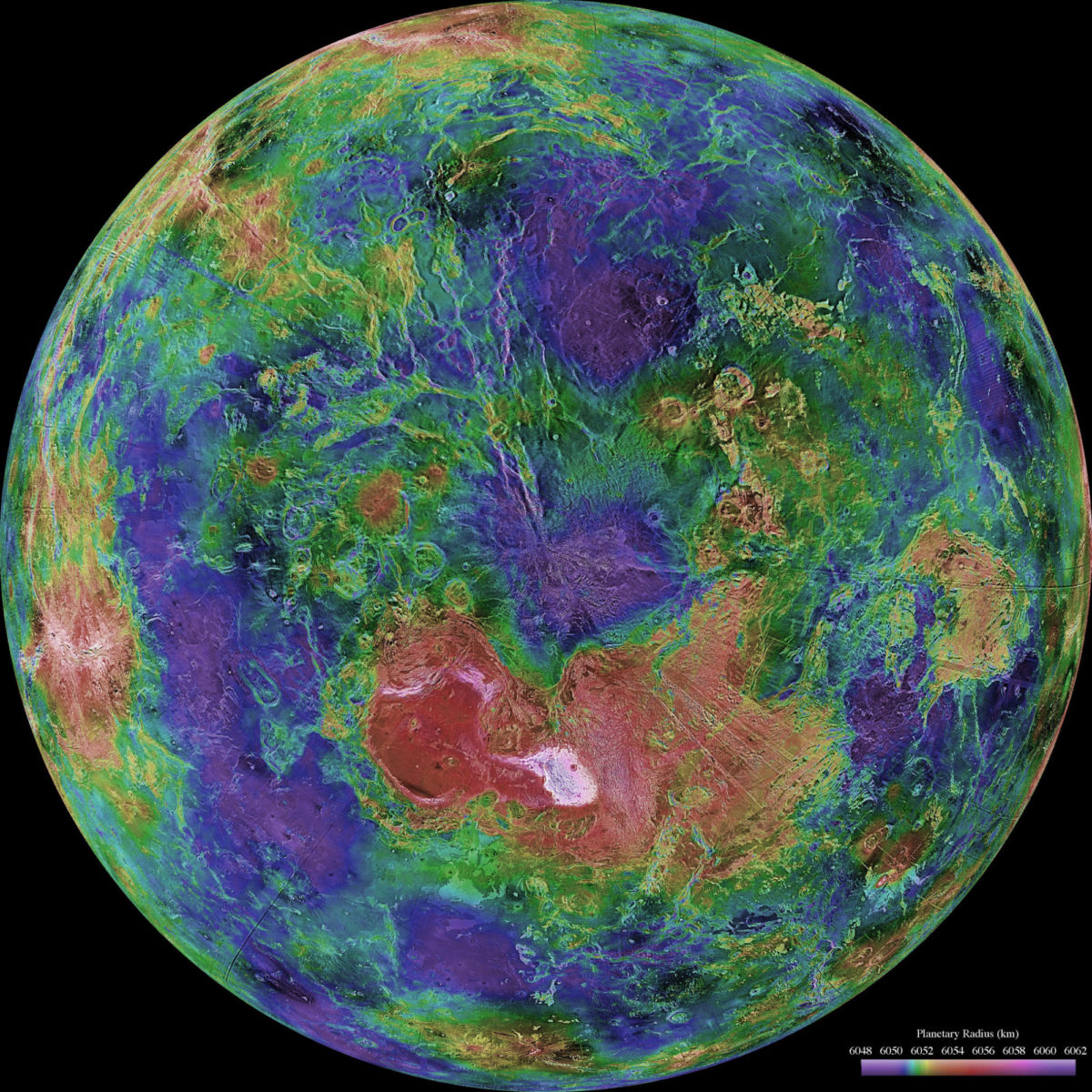Since 2002, Planetary Radio has visited with a scientist, engineer, project manager, advocate, or writer who provides a unique perspective on the quest for knowledge about our Solar System and beyond. The full show archive is available for free.
Search Planetary Radio
We explore how Doctor Who has influenced the scientific community with Russell T. Davies, the past and present showrunner of the iconic science fiction TV series.
Bob Pappalardo, Europa Clipper's project scientist, visits The Planetary Society headquarters in Pasadena, CA, to share the story of the mission's vault plate, humanity's next collection of messages to another world.
We explore NASA's first tabletop role-playing game with senior multimedia specialist Christina Mitchell and a new way to find water worlds with Amaury Triaud from the University of Birmingham.
Knicole Colón, the deputy project scientist for exoplanet science for JWST, joins Planetary Radio to discuss the detection of methane and carbon dioxide in the atmosphere of K2-18 b.
Chris Glein, a lead scientist at the Southwest Research Institute, joins Planetary Radio to talk about the discovery of phosphorus in the oceans of Saturn’s moon Enceladus and the implications for the search for life.
Louis Friedman, one of the three co-founders of The Planetary Society, joins Planetary Radio to discuss his new book, Alone but Not Lonely: Exploring for Extraterrestrial Life.
Amy Williams, assistant professor of geology at the University of Florida, joins Planetary Radio to discuss the proposed Mars Life Explorer mission and the search for extant life on Mars.
Chris Glein, a lead scientist at the Southwest Research Institute, joins Planetary Radio to talk about the discovery of phosphorus in the oceans of Saturn’s moon Enceladus and the implications for the search for life.
Would meeting an extraterrestrial civilization be good or bad for humanity? Astronomer Dr. Jacob Haqq Misra argues that knowing the outcome in advance is fundamentally impossible.
A new volunteer SETI science project to search for alien technosignatures has launched! Two of its creators tell you how to sign up.
How will nations react if (when?) humanity detects the presence of an alien intelligence or civilization? That’s the topic Planetary Society Chief Advocate Casey Dreier takes up with his guest, astrophysicist Jason Wright.
Join Mat Kaplan and Planetary Society colleagues in Florida for the first attempt to launch the Space Launch System rocket on a mission to the Moon.
Professor Bethany Ehlmann served on the steering committee for the new planetary science and astrobiology decadal survey that will steer future exploration of the solar system.
Britney Schmidt is preparing us for the day when a submarine will slip into the seas of an ocean world like Europa to search for life.
The Mars 2020 rover has rolled into an ancient river delta on the Red Planet. Will we find evidence of past life there?
The Planetary Society’s new Science and Technology Empowered by the Public (STEP) grant program will let citizens join the search for ET and enable astronomers to discover the nature of hundreds of near-Earth asteroids.
Water may have flowed on Mars for a billion more years than was previously thought, giving possible life an extra billion years to thrive.
Astrobiologist and author David Grinspoon shares his thoughts about the search for life, where we might find it and how science works.
NASA’s Jim Green and Mary Voytek want the science community to develop tools that will help us evaluate potential evidence of life beyond Earth.
The Pentagon has released its assessment of Unidentified Aerial Phenomena. Casey Dreier and science journalist Sarah Scoles talk about what’s behind the renewed interest in UFOs and Sarah’s book, They Are Already Here.


 Explore Worlds
Explore Worlds Find Life
Find Life Defend Earth
Defend Earth


